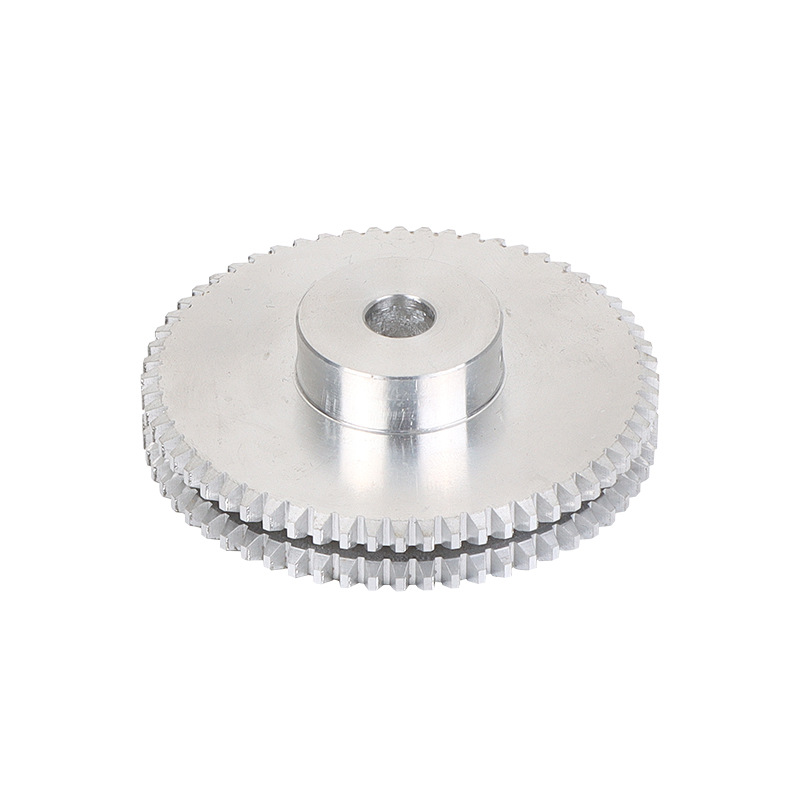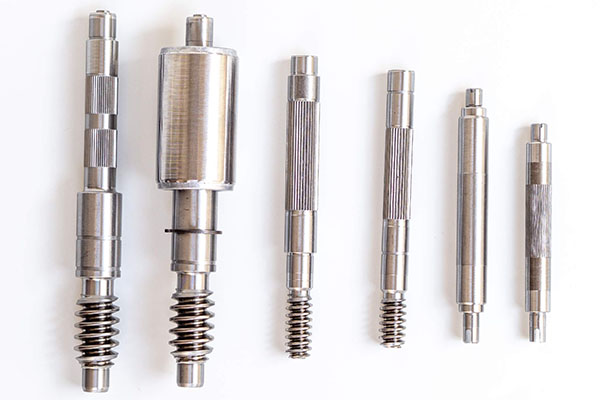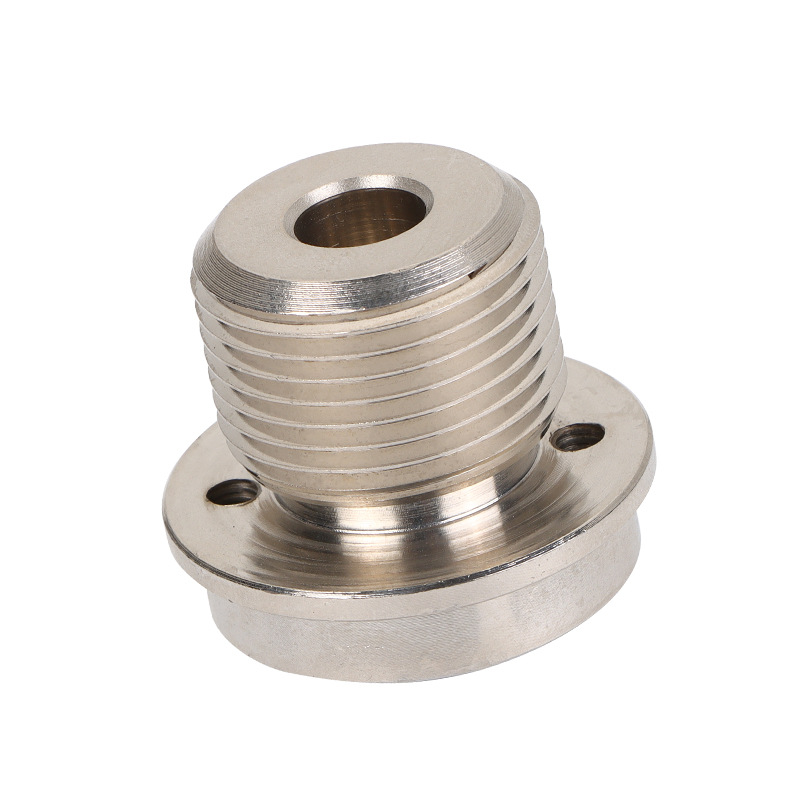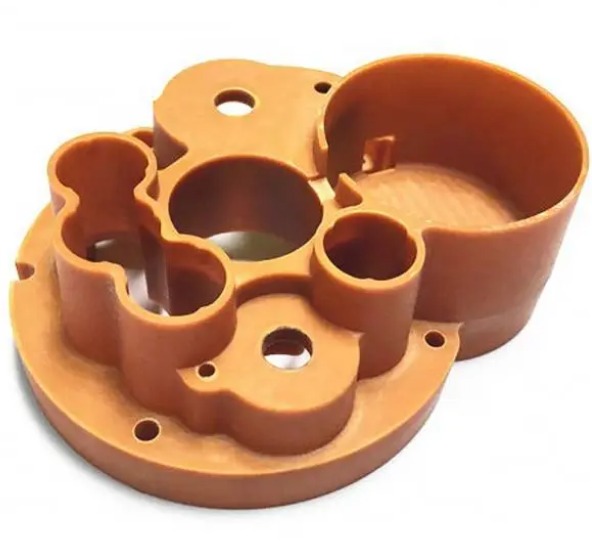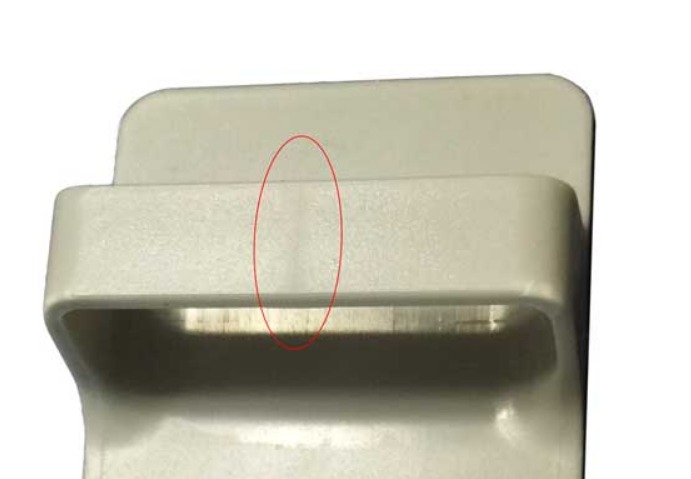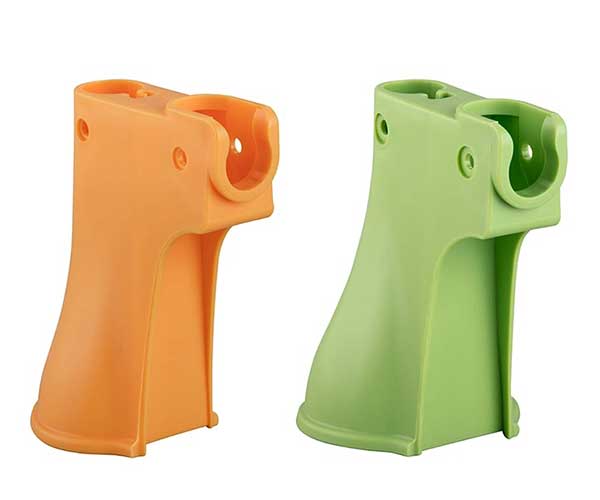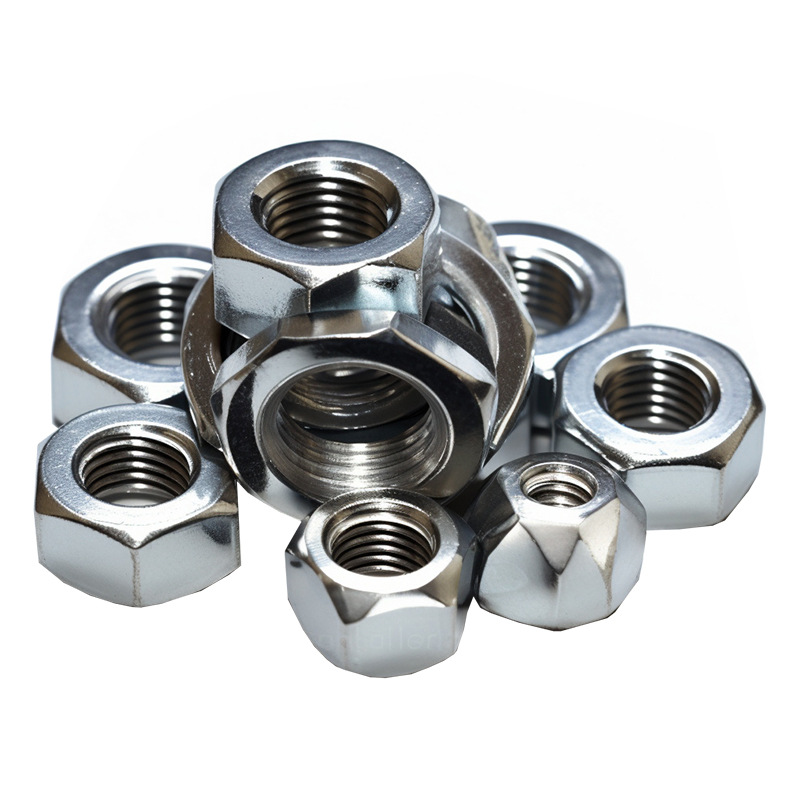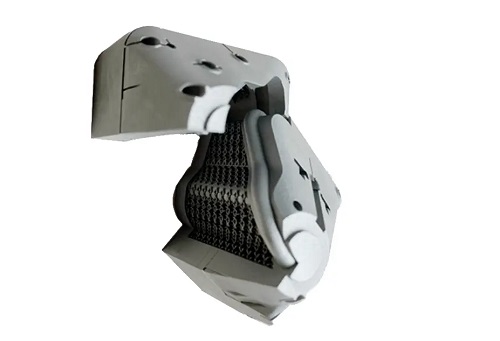In the world of advanced manufacturing, where complex geometries, ultra-hard materials, and pristine surface finishes are paramount, traditional cutting tools often fall short. This is where the electrochemical machining process shines as a unique, non-contact, and non-thermal solution. This guide delves into the intricacies of electrochemical machining, moving beyond textbook definitions to explore its practical applications, material suitability, process optimization, and the engineering expertise required to harness its full potential. Whether you're a product designer tackling impossible-to-machine parts or a manufacturing engineer seeking superior surface integrity, this article provides a comprehensive, experience-backed look at this transformative technology.
What is the electrochemical machining process?
The electrochemical machining (ECM) process is a controlled anodic dissolution process. In simple terms, it works like reverse electroplating. A conductive workpiece (anode) and a shaped tool (cathode) are placed in close proximity within an electrolyte solution. When a high-current, low-voltage DC power is applied, the workpiece material is selectively dissolved atom by atom into the electrolyte, precisely mirroring the shape of the tool. No mechanical force, no tool wear, and no heat-affected zones.
The core principle is Faraday's law of electrolysis. The electrochemical machining process enables the production of intricate cavities, profiles, and micro-features in materials that are difficult or impossible to machine using conventional methods. From turbine blades with intricate cooling channels to deburring of precision gears, ECM is a cornerstone of high-value manufacturing where precision and material integrity are non-negotiable.
Which metals are best suited for electrochemical machining?
The electrochemical machining process is exceptionally versatile but performs optimally with electrically conductive materials, particularly those that are tough, hard, or heat-resistant. The process efficiency is closely tied to the material's electrochemical equivalent and its ability to form a passive layer.
- Ideal Candidates: Nickel-based and cobalt-based superalloys (e.g., Inconel 718, Hastelloy), titanium alloys (e.g., Ti-6Al-4V), tool steels, and stainless steels are perfectly suited. Their typically poor machinability via conventional means makes ECM a cost-effective choice for complex parts.
- Good Candidates: Aluminum alloys and copper alloys can be processed effectively, but often require specific electrolyte chemistries to manage sludge formation and achieve a smooth finish.
- Less Suitable: Materials like cast iron, with free graphite, can produce inconsistent results due to non-uniform dissolution. Pure refractory metals like tungsten require highly specialized, often hazardous, electrolytes.
The table below categorizes common materials:
| Material Category | Examples | Suitability for ECM | Key Consideration |
|---|---|---|---|
| Superalloys | Inconel, Waspaloy, René alloys | Excellent | Primary application area; handles extreme hardness/strength. |
| Titanium Alloys | Ti-6Al-4V, Ti-5Al-2.5Sn | Excellent | No risk of tool wear or inducing embrittlement. |
| Tool Steels | H13, P20, Maraging steels | Very Good | Machines hardened states without thermal damage. |
| Stainless Steels | 304, 316, 17-4PH | Very Good | Excellent for medical and food-grade components. |
| Aluminum Alloys | 6061, 7075 | Good | Requires nitrate-based electrolytes for a smooth finish. |
What electrolyte compositions optimize the electrochemical machining process?
The electrolyte is not just a conductor; it's a critical process variable that influences machining rate, surface finish, precision, and environmental safety. The choice depends on the workpiece material and the desired outcome.
- Sodium Chloride (NaCl) Solutions: A common, low-cost, and highly efficient electrolyte for steel and nickel alloys. It provides high conductivity and does not form passive layers on most steels, ensuring stable dissolution. However, it is corrosive and can pose disposal challenges.
- Sodium Nitrate (NaNO₃) Solutions: Preferred for achieving superior surface finishes and higher precision, especially with iron-based materials and aluminum. It promotes a "passivating" effect, leading to more localized and controlled dissolution. It is less corrosive but requires careful control of concentration and flow to prevent sparking.
- Mixed & Specialized Electrolytes: For challenging applications, mixed electrolytes (e.g., NaCl + NaNO₃) or specialized acids are used. For instance, electrochemical machining of titanium often uses chloride-fluoride-based electrolytes to handle its tenacious oxide layer.
Case in Point: When machining a high-pressure Inconel 718 fuel manifold with complex internal passages, we moved from a standard NaCl solution to a buffered NaNO₃ solution. This shift reduced inter-electrode gap variation by 15%, improved surface finish (Ra from 1.2 µm to 0.6 µm), and significantly enhanced dimensional consistency across the batch, albeit with a slight (~10%) reduction in stock removal rate. The trade-off was justified for this mission-critical aerospace component.
How to design tool-electrodes for complex electrochemical machining?
Tool design is where engineering expertise transforms a principle into a precision component. The tool (cathode) is the "negative" of the desired final shape but is not a simple mirror image due to the physics of the electrochemical machining process.
- The Gap is Key: The design must account for the inter-electrode gap (IEG), typically 0.1-0.5 mm, which varies with current density, electrolyte flow, and material. Sophisticated CAD/CAM software is used to offset the tool surface accordingly.
- Flow Dynamics: The tool must incorporate optimal electrolyte flow channels to ensure fresh, high-velocity electrolyte reaches the entire machining zone, efficiently removing heat and dissolved metal products (sludge). Poor flow design leads to taper, stray machining, and even short circuits.
- Materials & Coatings: Tool materials must be conductive, rigid, and corrosion-resistant. Copper, brass, and stainless steel are common. For long-run production or machining with corrosive electrolytes, titanium or tungsten copper tools with protective coatings are used.
- Compensation for Process Effects: Advanced designs incorporate iterative compensation for frontal and side gaps, and even account for the change in electrolyte conductivity as it becomes saturated with metal hydroxides along the flow path.
What voltage and current densities control the electrochemical machining process?
Voltage and current density are the primary "knobs" for controlling the electrochemical machining process. They directly determine the material removal rate (MRR), surface finish, and precision.
- Voltage (Typically 5-20V DC): This establishes the driving force for the electrochemical reaction. Lower voltages (8-12V) are used for fine finishing and tight tolerance work, while higher voltages (15-20V) are used for roughing and higher MRR. Operating voltage must stay below the electrolyte's breakdown voltage to prevent harmful sparking.
- Current Density (A/cm²): This is the most critical parameter. According to Faraday's law, MRR is directly proportional to current density. Common operating ranges are 20-200 A/cm².
- High Current Density (>100 A/cm²): Results in high MRR but can lead to a wider gap, reduced accuracy, and a rougher surface finish.
- Low to Medium Current Density (20-70 A/cm²): Provides better control, a smaller gap for higher precision, and a smoother finish.
Professional Insight: A sophisticated ECM cycle isn't constant. A common strategy is to use a higher current density for bulk material removal, followed by a stepped reduction in current density (or voltage) for finishing passes. This "ramping" approach optimizes both productivity and final part quality. For instance, machining a titanium compressor blade might start at 150 A/cm² and finish at 50 A/cm² to achieve the required airfoil profile and surface integrity simultaneously.
What surface finishes can the electrochemical machining process deliver?
The electrochemical machining process is renowned for producing surfaces free of mechanical stresses, micro-cracks, or thermal distortion. The attainable surface finish is a function of material, electrolyte, and process parameters.
- Typical Range: Under standard production conditions, ECM can consistently achieve surface roughness (Ra) values between 0.2 µm and 1.5 µm (8-60 µin). With optimized fine-finishing protocols, this can be pushed below 0.1 µm Ra.
- Surface Characteristics: The surface is often characterized by a micro-waviness or "pitted" appearance at a microscopic level, which can be excellent for retaining lubricants. Unlike ground or milled surfaces, it has no directional lay.
- Burr-Free Edges: One of the standout benefits is absolutely burr-free edges, eliminating the need for secondary deburring operations, which is critical for aerospace, medical, and fuel system components.
- The Trade-off: The highest mirror-like finishes (Ra < 0.1 µm) often require very low current densities and specialized electrolytes, which drastically reduce the machining rate. The engineering decision balances functional requirements (e.g., fatigue life, fluid flow) with economic feasibility.
Conclusion
The electrochemical machining process is far more than a niche manufacturing technique; it is an essential enabling technology for modern industry. Its ability to atomically dissolve the hardest alloys into complex shapes, while preserving material properties and delivering exceptional surface integrity, makes it indispensable for aerospace, medical, automotive, and energy applications. Success with ECM hinges on a deep, integrated understanding of electrochemistry, fluid dynamics, metallurgy, and precision tool design. It is the interplay of electrolyte chemistry, controlled electrical parameters, and sophisticated tool engineering that unlocks the full, remarkable potential of this process.
FAQ
- Is electrochemical machining the same as EDM? No. While both are non-contact processes, EDM (Electrical Discharge Machining) uses a series of sparks to erode material, generating heat and a recast layer. ECM uses electrochemical dissolution, producing no thermal damage or tool wear.
- What are the main limitations of electrochemical machining? Key limitations include: it only works on conductive materials; tool design is complex and costly; electrolytes require handling and disposal; and achieving sharp internal corners is challenging due to the omnidirectional material removal.
- Can electrochemical machining produce sharp corners? It cannot produce perfectly sharp internal corners. A small radius, proportional to the inter-electrode gap, will always remain—this is a fundamental characteristic of the process.
- How environmentally friendly is the electrochemical machining process? The process itself produces no direct emissions. However, the spent electrolyte contains dissolved metal hydroxides (sludge) and requires proper filtration and treatment/recycling before disposal, making waste management an important operational consideration.
Contact Yigu for Custom Manufacturing.
At Yigu Technology, we view the electrochemical machining process not merely as a service but as an engineering discipline. Our expertise is built on a foundation of solving real-world manufacturing challenges—from producing flawlessly deburred gears for high-reliability transmissions to fabricating monolithic titanium components with labyrinthine internal channels that defy conventional machining.
We understand that the value of ECM lies in its application-specific optimization. Our engineering team doesn't just run parameters; we analyze your component's function, material behavior, and lifecycle requirements to design a complete process solution. This includes proprietary electrolyte management systems, in-house simulation for tool and flow path design, and stringent process control protocols to ensure batch-to-batch consistency.
If your project involves challenging materials, complex geometries, or requirements for superior surface integrity, partner with engineers who speak the language of advanced electrochemistry and precision manufacturing. Contact Yigu to transform your most demanding design concepts into manufacturable reality.

